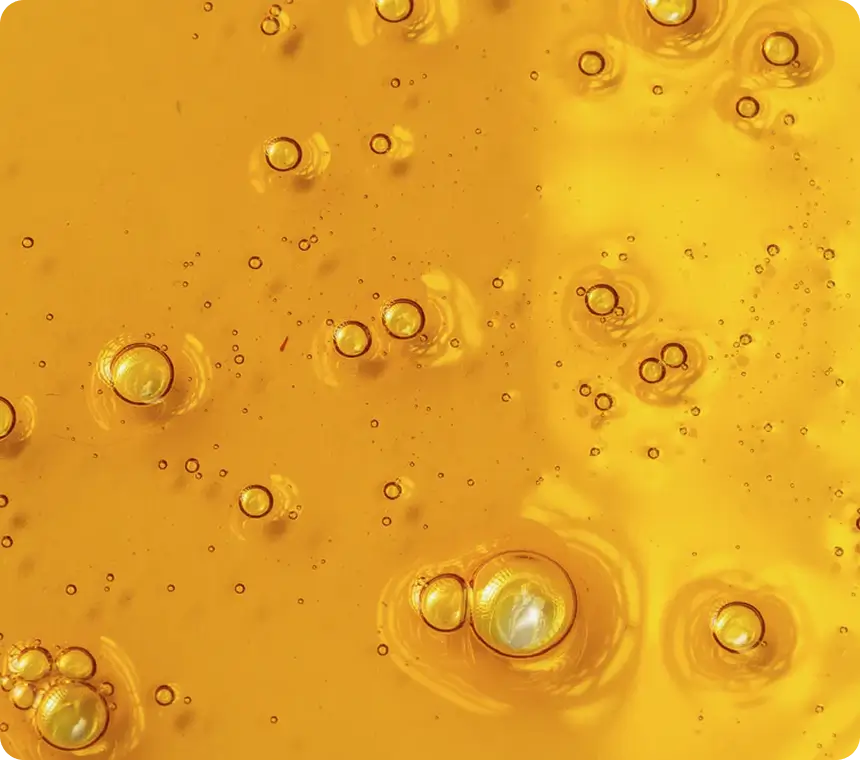Where is Vitamin D Used?
Vitamin D is commonly used in:
-
Bone health and osteoporosis prevention supplements
-
Immune support formulations
-
Cardiovascular and metabolic health products
-
Prenatal and child development supplements
How Does YourHappyLife Use Vitamin D in Supplements?
YourHappyLife's health supplements utilize Vitamin D to promote calcium absorption, enhance bone density, and support immune system function.
How Does Vitamin D Work?
Vitamin D undergoes enzymatic conversion in the liver and kidneys to its active form calcitriol. It binds to vitamin D receptors influencing gene expression involved in:
-
Calcium and Phosphorus Absorption: Enhances intestinal absorption crucial for bone mineralization.
-
Bone Remodeling: Regulates osteoblast and osteoclast activity maintaining bone density.
-
Immune Regulation: Modulates both innate and adaptive immune responses to reduce inflammation and infection risk.
-
Cell Growth and Differentiation: Supports tissue growth and repair via gene expression control.
How Does YourHappyLife Source Its Vitamin D?
How much Vitamin D Should You Get?
Recommended daily intake ranges from 400 to 800 IU for most adults, with therapeutic doses up to 2,000 IU or higher for deficiency treatment. It is best taken with meals containing fat to enhance absorption.
Are there any side effects to taking Vitamin D?
Vitamin D is safe at recommended doses but excessive intake may cause toxicity, leading to hypercalcemia and related complications. Side effects are rare but may include nausea and weakness. Interactions can occur with corticosteroids, weight-loss drugs, and some seizure medications. Pregnant or nursing women should consult healthcare providers for appropriate dosing






































